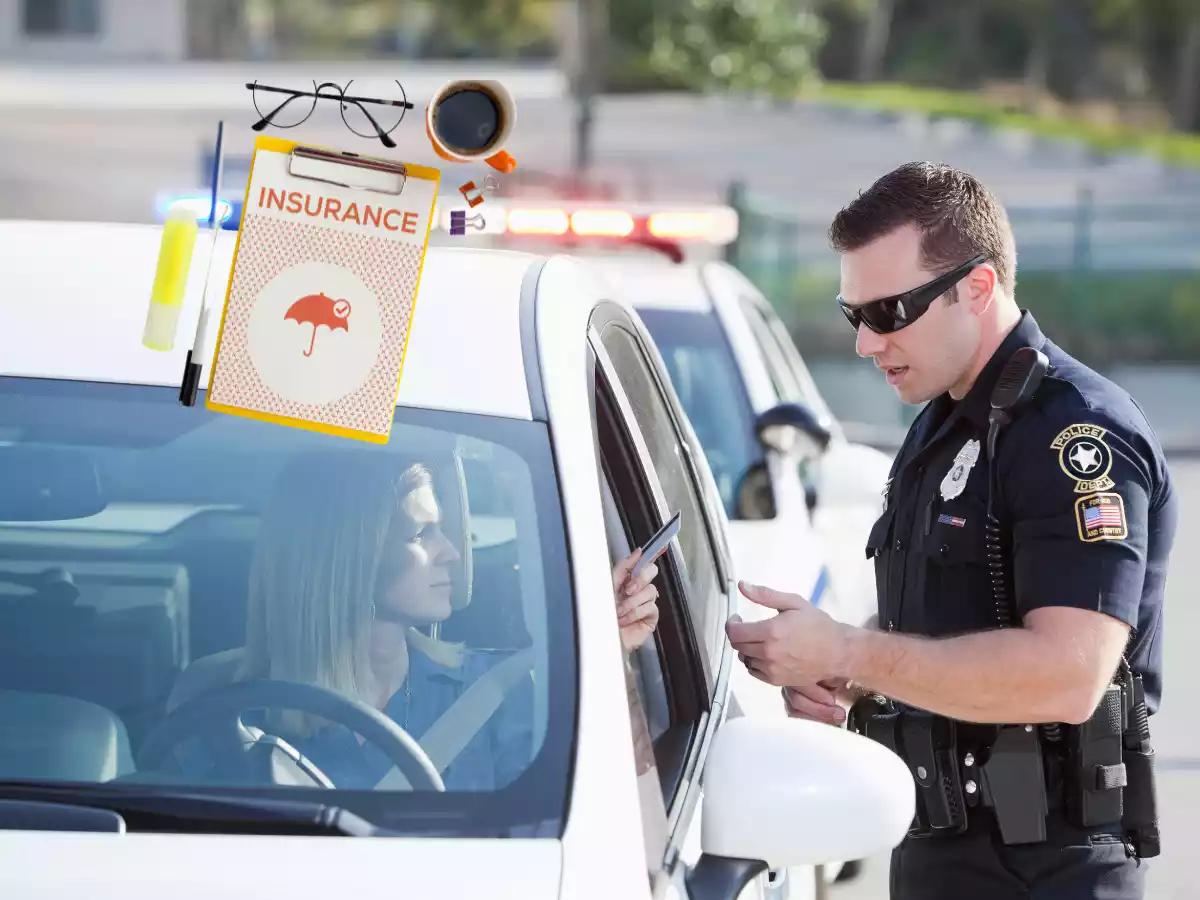When you hit the road, you’re expected to follow a set of rules and regulations to ensure the safety of yourself and others. One such requirement in many places is having valid automobile insurance. But what happens if you’re driving without insurance, and can the police pull you over for it? In this article, we’ll delve into the consequences of driving without insurance and shed light on the actions law enforcement can take if they suspect you’re uninsured.
The Importance of Automobile Insurance
Before we discuss the legality of being pulled over for no insurance, let’s understand why automobile insurance is essential.
1. Protection for You and Others
Automobile insurance provides financial protection for both you and other motorists in case of accidents. It covers medical expenses, property damage, and liability costs, reducing the financial burden in the event of a collision.
2. Legal Requirement
In many jurisdictions, having valid automobile insurance is a legal requirement. Failing to meet this requirement can lead to various consequences.
Can Police Pull You Over for No Insurance?
3. Yes, They Can
In places where automobile insurance is mandatory, law enforcement officers have the authority to pull over vehicles they suspect are uninsured. This suspicion can arise from various factors, such as expired registration, missing license plates, or tips from witnesses.
4. Verification of Insurance
During a traffic stop, police officers may request proof of insurance. This typically involves providing an insurance card or electronic proof of coverage. Failure to provide proof of insurance when asked can result in penalties.
Consequences of Driving Without Insurance
5. Legal Penalties
Driving without insurance can lead to legal penalties, including fines, license suspension, and even vehicle impoundment. The severity of these penalties varies by jurisdiction.
6. Financial Responsibility Laws
In some states, “financial responsibility” laws require individuals without insurance to provide proof of financial ability to cover the costs of an accident. This often involves posting a bond or deposit.
7. Increased Premiums
If you’re caught driving without insurance, you can expect your insurance premiums to increase significantly when you do obtain coverage. Insurance companies view uninsured drivers as higher risks.
Conclusion
In conclusion, driving without insurance is a risky endeavor that can result in legal consequences, financial penalties, and potential harm to yourself and others on the road. Yes, police can pull you over if they suspect you’re driving without insurance, and it’s crucial to adhere to the insurance requirements in your jurisdiction to avoid these repercussions. Remember that automobile insurance not only keeps you compliant with the law but also provides essential protection in case of accidents.
FAQs
- Can I be arrested for driving without insurance?
While it’s rare to be arrested solely for driving without insurance, you can face legal penalties, fines, and other consequences depending on your jurisdiction. - What should I do if I’m pulled over for no insurance?
If you’re pulled over for no insurance, remain calm, cooperate with the officer, and provide any requested documents. Consult an attorney if needed to understand your rights and legal options. - Is there a grace period for insurance after purchasing a vehicle?
Some insurance policies offer a short grace period for new vehicle purchases. However, it’s essential to contact your insurer promptly to add the new vehicle to your policy. - Can I get insurance after being cited for driving without it?
Yes, you can typically obtain insurance after being cited for driving without it. However, you may still face legal penalties for the previous violation. - Do all states require automobile insurance?
No, not all states in the U.S. require automobile insurance, but they often have alternative financial responsibility requirements in place. It’s essential to understand the regulations in your specific state or jurisdiction.
Read more:https://wink24news.com/
More related
